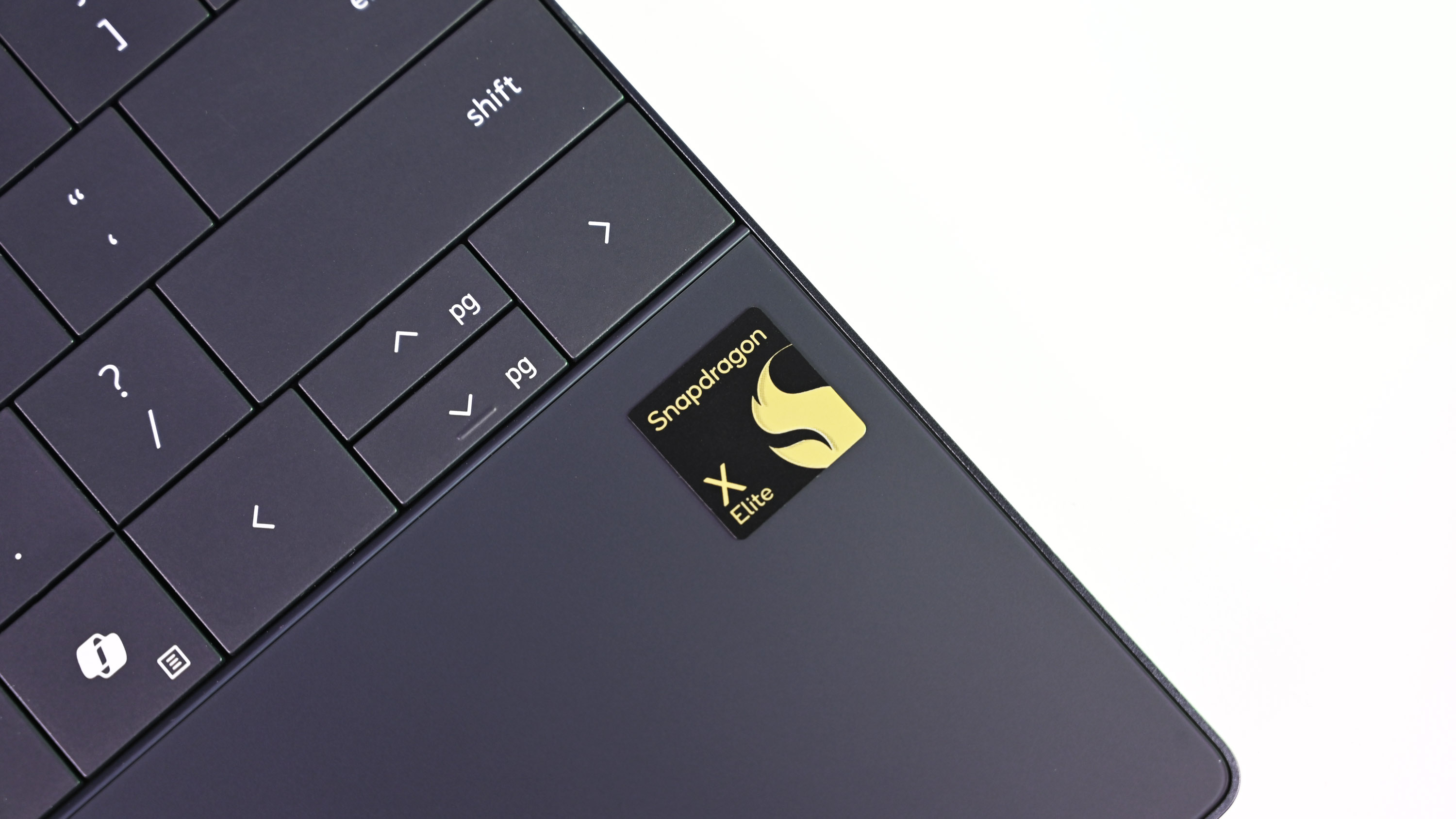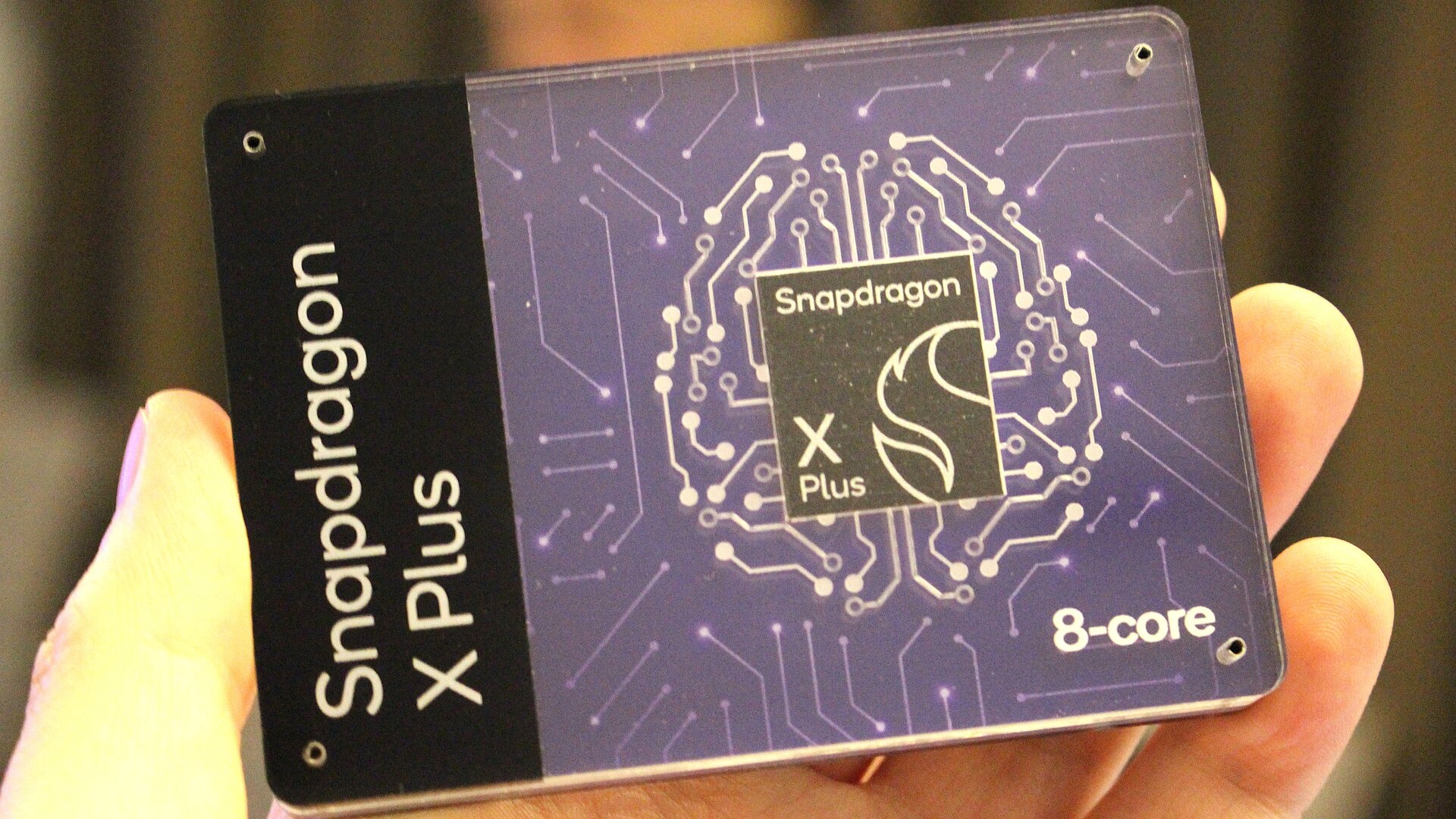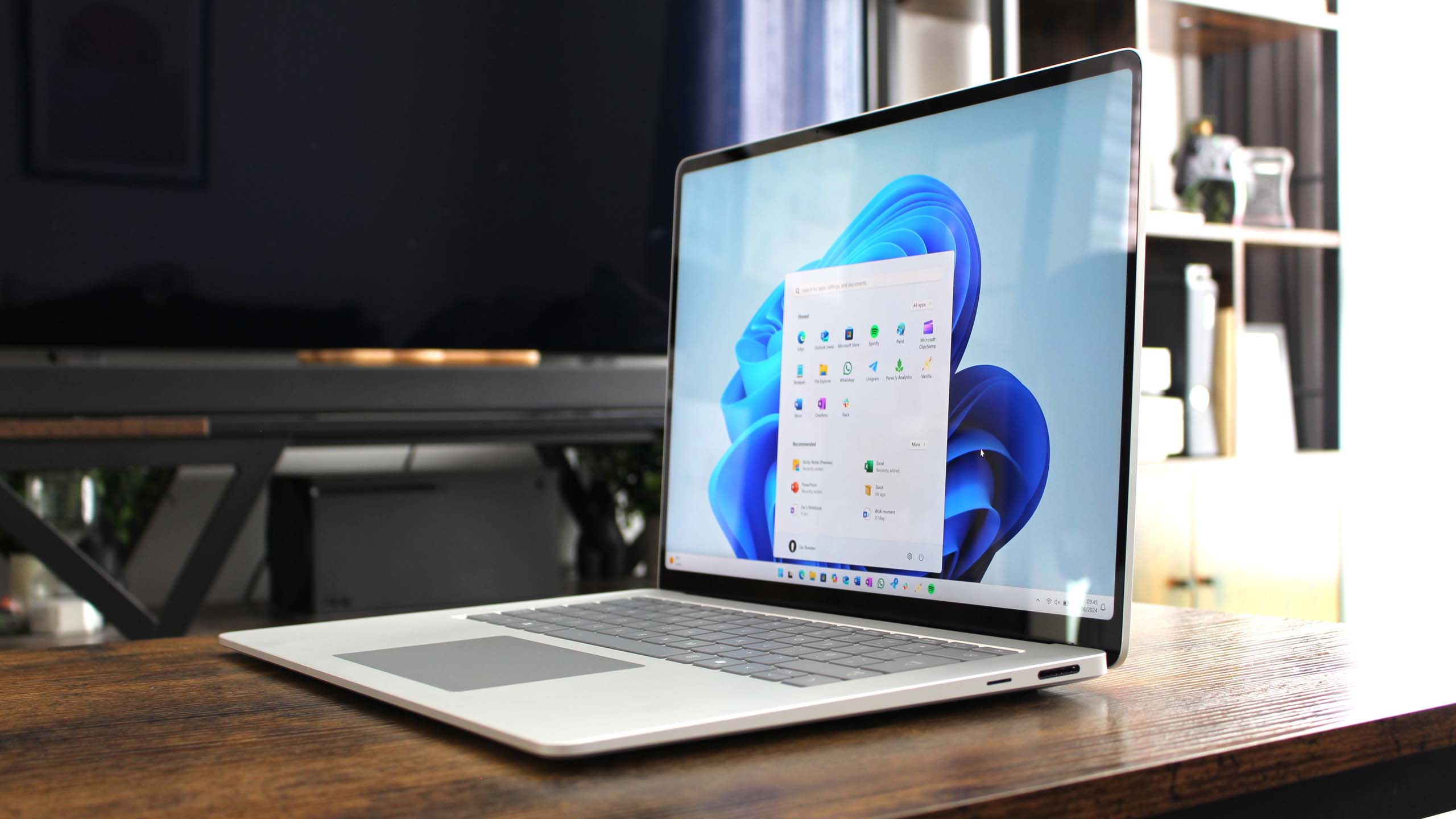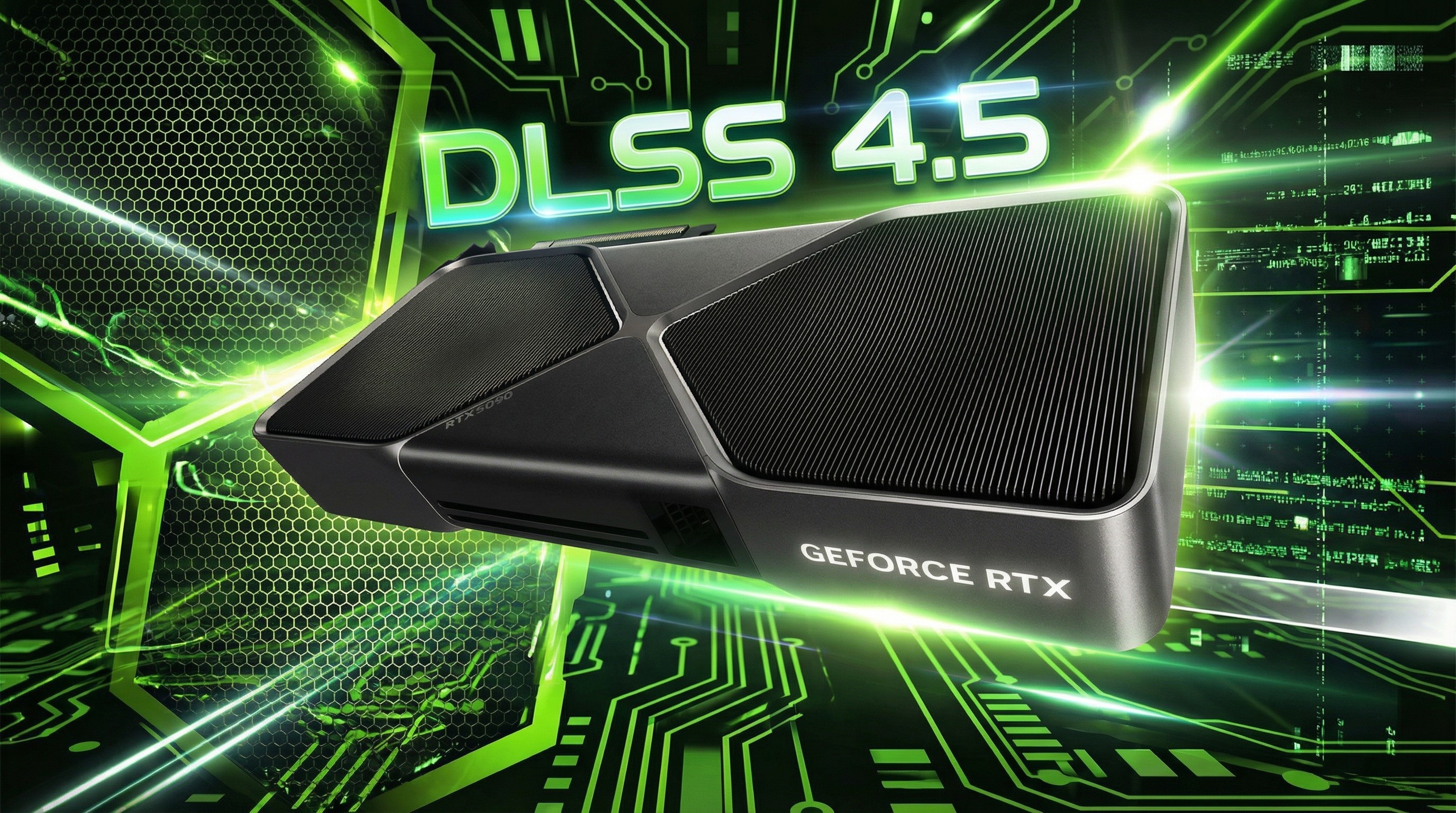Qualcomm CEO brazenly thought Nuvia chip deal could save $1.4 billion in fees to Arm
The Qualcomm vs. Arm court case just revealed how the former's CEO justified its $1.4 billion purchase of Nuvia.

Qualcomm purchased chipmaker Nuvia in 2021 for $1.4 billion. Now, it's been revealed that Qualcomm CEO Christiano Amon was a driving force in convincing the Qualcomm board to make the purchase, arguing that the move could save the tech giant as much as $1.4 billion per year. That claim came from the ongoing Arm vs. Qualcomm trial, which centers around Qualcomm's Snapdragon X Elite and Snapdragon X processors.
Court documents first reported on by Reuters show Qualcomm's leaders believed the company could save $1.4 billion in Arm fees annually by purchasing Nuvia. "It justified the acquisition," said Amon of the potential savings.
Amon's testimony included a recollection of when Qualcomm first considered purchasing Nuvia. Before the 2021 purchase, Qualcomm felt technology purchased from Arm was falling behind Apple. Fittingly, the potential solution to the situation was Nuvia, which was founded by former Apple engineers. Qualcomm first tried to convince Nuvia to develop computing cores for Qualcomm, but that did not happen. That led Qualcomm to purchase Nuvia instead.
But at the time, Nuvia did not have a finished product. The company was also focused on servers, not laptops or phones (a fact that has led to the ongoing court case). Amon told the Qualcomm board that purchasing Nuvia could save Qualcomm up to $1.4 billion per year. Those savings would come from Qualcomm being able to rely on its own core designs rather than licensing designs from Arm.
Based on the launch of the Snapdragon X Elite and Snapdragon X Plus, which derive from Nuvia technology, Amon's claim to the Qualcomm board may have been overly optimistic. But we're still in the early days of Snapdragon-powered PCs. We could see a major uptick in sales in the future, especially if the 2nd Gen Snapdragon X Elite meets expectations.
The verdict of the Arm vs. Qualcomm case could come as early as today, December 20, 2024. But it will likely be a while before this case is solved. Even after a ruling is made, there is the chance the battle could be extended through appeals.
Will Qualcomm have to destroy its Snapdragon X chips?
The Arm vs. Qualcomm case could result in Qualcomm having to destroy any chips that are based on Armv8 technology, though that outcome is unlikely. Arm believes the dispute covers all "derivatives" and "modifications" of chips made with Armv8 tech.
All the latest news, reviews, and guides for Windows and Xbox diehards.
Arm claims that Qualcomm should have renegotiated its licensing deal with Arm after purchasing Nuvia. That argument centers around the fact that Nuvia's license was for server SOC (system-on-a-chip) designs. Qualcomm is accused of using Arm designs originally obtained under one license to create laptop chips.
Qualcomm claims that 1% or less of its Oryon CPU core designs are based on Armv8 technology, but Arm's argument would render that point moot.
I'm not a legal expert, but I don't think Arm actually wants all Nuvia-based chips destroyed. I believe Arm's leaders want to settle the disagreement with Qualcomm with a payment made by the latter or by a renegotiation of terms between the companies. Whether that will happen is, of course, why there's an ongoing legal battle rather than an agreement between the companies.
Qualcomm relies heavily on Arm licenses to make smartphone chips and processors for PCs. Arm makes money licensing its designs to Qualcomm. Terminating that relationship could prove to be an example of cutting off one's nose to spite the face.
Qualcomm's silver lining
I imagine Qualcomm's legal experts have other ways they'd prefer to spend their holidays than battling in the courts with Arm. I also think it's safe to guess Qualcomm executives would have liked to see Snapdragon-powered PCs take off in 2024. But there is a bit of a silver lining to all this. Because Snapdragon-powered PCs only have a reported market share of 1.5%, the money involved in the current court case is much smaller.
When it was revealed that only 720,000 PCs powered by Qualcomm chips were sold in Q3 24, that seemed like strictly bad news. Qualcomm has ambitions to reach 50% market share within five years, and having just a 0.8% share of sales in Q3 24 was not a strong start. Qualcomm chips reportedly power just 1.5% of all Windows PCs. Again, that's not a great start.
But if Qualcomm-powered PCs took off the way the company expected the court case between Qualcomm and Arm would be around billions of dollars, not millions of dollars. Arm argues that it misses out on $50 million in annual revenue because, in the opinion of Arm's leaders, Qualcomm did not renegotiate its licensing deal when required to do so.
Considering that Qualcomm's CEO sold the move to the company board by claiming Qualcomm could save $1.4 billion in Arm royalties each year, $50 million in alleged losses by Arm seems rather small compared to what it could have been.

Sean Endicott is a news writer and apps editor for Windows Central with 11+ years of experience. A Nottingham Trent journalism graduate, Sean has covered the industry’s arc from the Lumia era to the launch of Windows 11 and generative AI. Having started at Thrifter, he uses his expertise in price tracking to help readers find genuine hardware value.
Beyond tech news, Sean is a UK sports media pioneer. In 2017, he became one of the first to stream via smartphone and is an expert in AP Capture systems. A tech-forward coach, he was named 2024 BAFA Youth Coach of the Year. He is focused on using technology—from AI to Clipchamp—to gain a practical edge.


